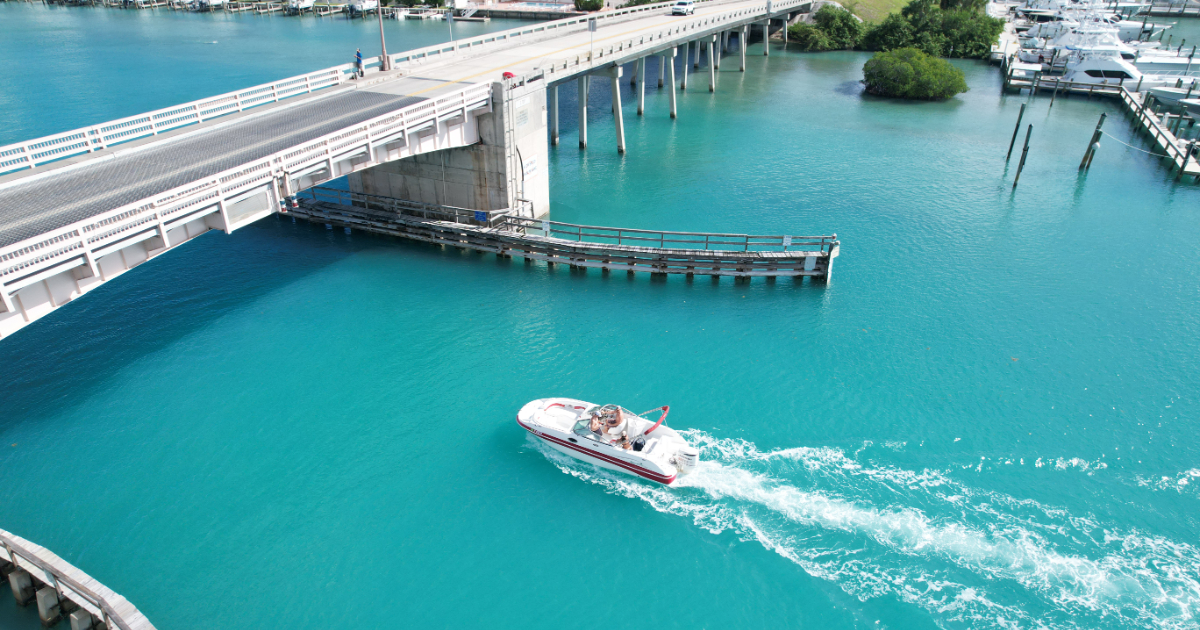Florida is by far one of the best places to own or rent a boat. However, enjoying the open waters comes with responsibilities. Understanding and adhering to Florida's boating laws is crucial for a safe and enjoyable experience. Here are some of Florida’s boat laws that everyone should know.
Vessel Registration: All vessels, excluding non-motor-powered ones under 16 feet, must be registered through the local Tax Collector's Office. Registration should occur within 30 days of purchase, with numbers displayed boldly on both sides above the waterline. Renewing the registration decal annually is mandatory for compliance.
Boating Accidents: In case of accidents causing injury, death, or significant property damage, operators must promptly notify the authorities. Leaving the scene without providing aid and reporting is unlawful.
Reckless and Careless Operation: Operating a vessel with complete disregard for safety is considered reckless and can lead to citations. All operators must follow posted restrictions and rules.
Mandatory Violator Education: Individuals with two non-criminal boating safety infractions within a year must enroll in an approved boater education course. Convictions related to accidents or criminal violations will result in additional safety courses.
Airboat Regulations: Airboats must have mufflers for engine noise control and display flags for visibility. Adhering to these regulations ensures a harmonious coexistence with the environment.
Vessel Speed Restrictions: Compliance with posted speed zones is essential, promoting safety and minimizing the vessel's wake impact on others.
Boating Under the Influence: Operating a vessel under the influence of alcohol or drugs is prohibited. Sobriety tests may be conducted, with a legal limit set at .08. Strict rules apply to individuals under 21.
Water Ski Regulations: Safety is top priority when towing skiers. Regulations include having an observer, avoiding night skiing, and wearing U.S. Coast Guard-approved flotation devices.
Personal Watercraft Regulations: Personal watercraft operators must wear approved flotation devices, attach engine cutoff switches, and follow age restrictions. Completion of boating education courses is required for certain age groups.
Mooring to Markers or Buoys: Except in emergencies, it is illegal to moor to navigation aids. Respecting these markers ensures safe navigation.
Divers-down Warning Devices: Displays of divers-down symbols with specific dimensions must be followed, with boaters maintaining distances to avoid interference with divers.
Interference with Navigation: Anchoring or operating a vessel in a way that obstructs other vessels' navigation is unlawful, except in emergencies.
Equipment and Lighting Requirements: Vessels must carry and use safety equipment as per U.S. Coast Guard requirements. Lighting regulations apply during reduced visibility.
Maximum Horsepower and Loading: Operating a vessel within specified weight, person, and horsepower limits is mandatory for safety.
Law Enforcement Authority: Law enforcement officers have the authority to ensure compliance with safety laws, conduct inspections, and order the removal of vessels causing hazards.
Manatee and Seagrass Awareness: Laws protect manatees, and boaters must adhere to speed restrictions in manatee zones. Seagrass preservation is vital, with boaters urged to avoid seagrass beds.
Navigating Florida's waters responsibly not only ensures personal safety but also contributes to preserving the state's natural beauty. As you embark on your boating adventure, make sure to familiarize yourself with these regulations for a seamless and enjoyable experience on Florida's waterways.



Leave A Comment